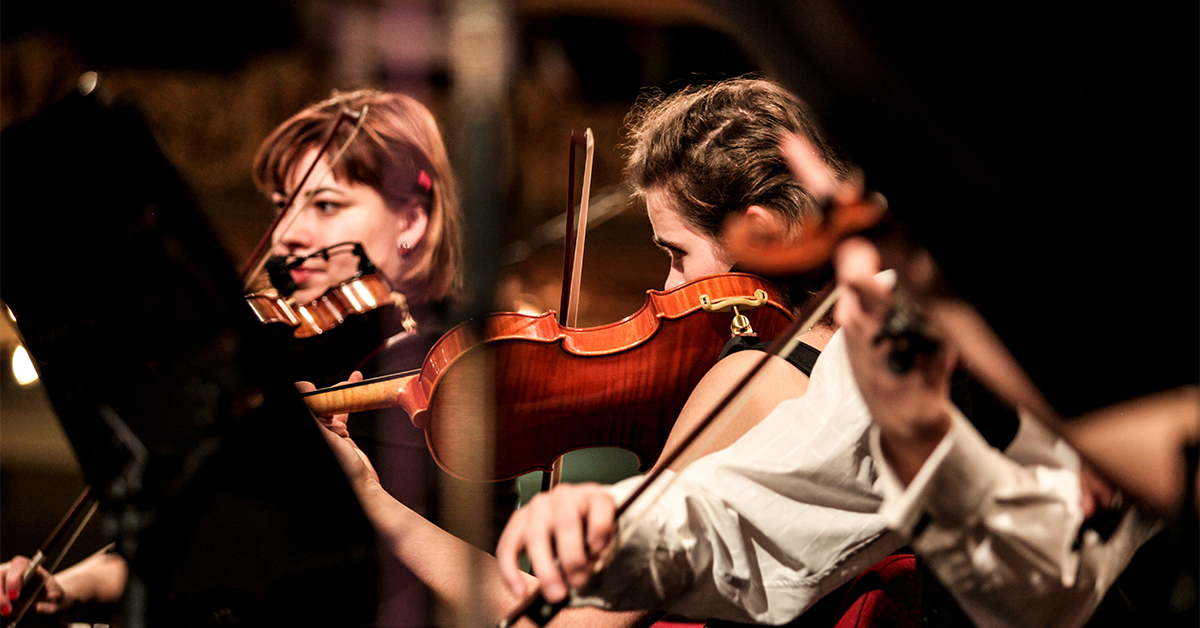
Photo by Jan Střecha on Unsplash
Communication takes many forms. Not just in the different tongues we use, but also in the accents we apply when we open our mouths. Different communities may agree to pronounce things in a manner that may sound natural to them, but peculiar to others. In fact, that’s how many of the existing languages formed over the millennia.
In the late 1800s, George Bernard Shaw made an interesting remark in a music review that looked at the disparate sounds produced by orchestras in Manchester and Lancashire.
Though music be a universal language, it is spoken with all sorts of accents
And he was right. Think Celtic music. It’s all the same to most people, but the accents are different to those who live in Ireland or Scotland. You can say the same thing about coding, or painting. Even dance is also a good example. You can convey romance both with a pretentious waltz, and an energetic round of salsa at 250bpm. Accent marks are even used in notation to indicate a louder dynamic that the musician is supposed to apply to a single note.
Aside from the spoken word, music is where accents seem to be more obvious than anywhere else. Because music, just like spoken language, is audible.
Post A Reply